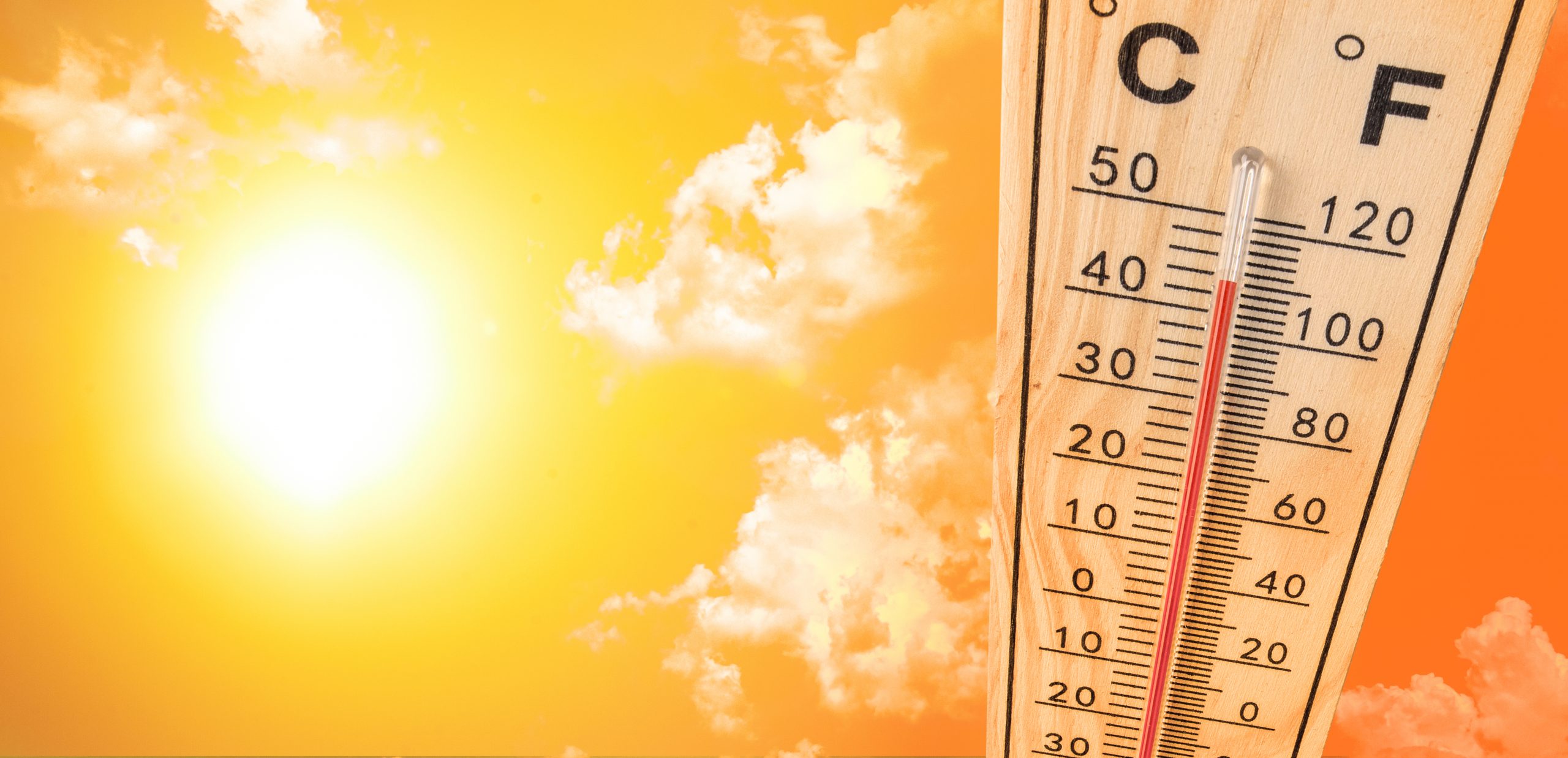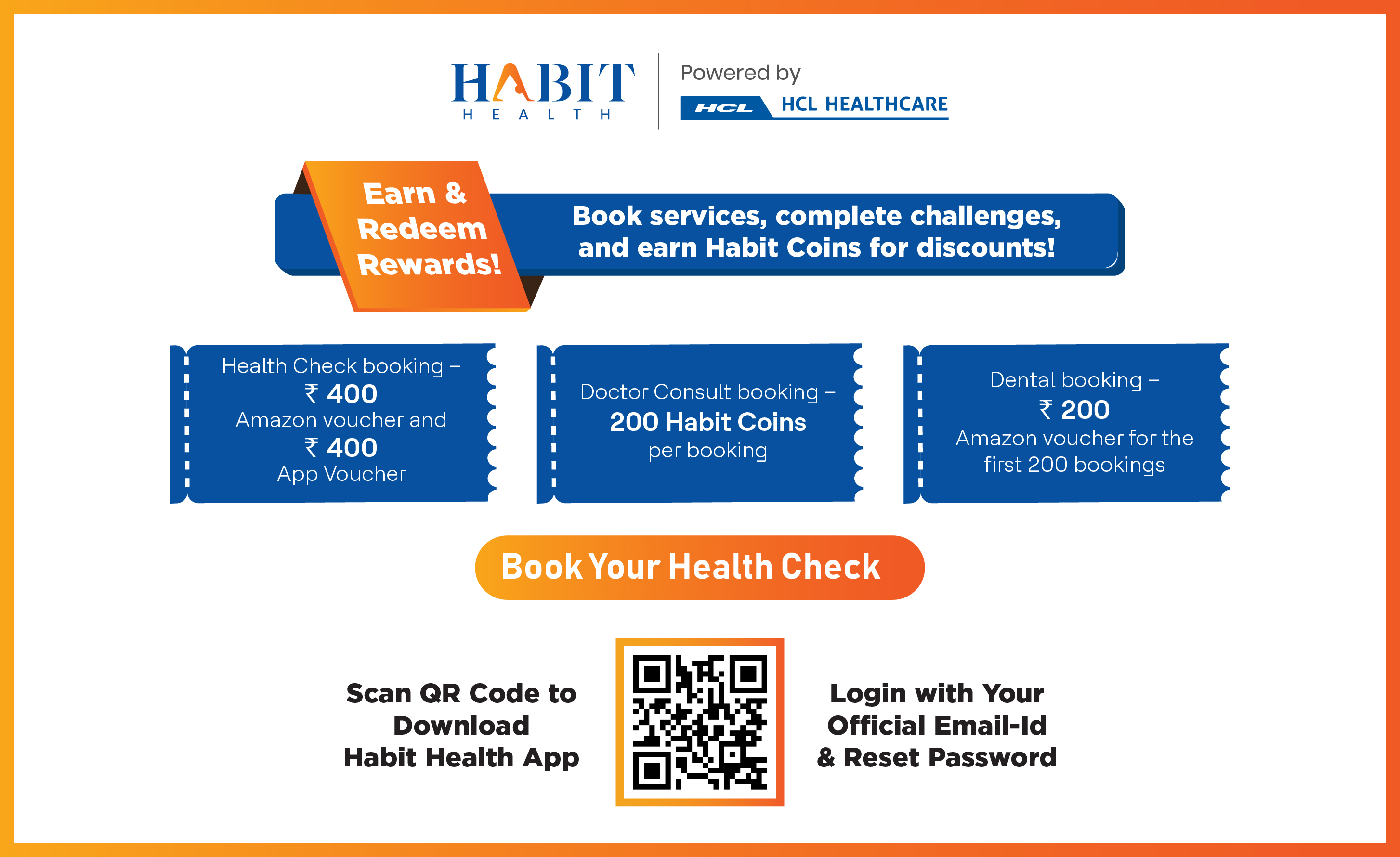Held after a gap of three years due to COVID-19, Danda Mahotsav held in Panihati, North 24 Pargana, West Bengal in June 2022 saw crowds of over 10 lakh devotees. The festival also known as Chira Dadhi Utsav, is a 500 year old festival of Vaishnav faith associated with 15th century saint Chaitanya Mahaprabhu and his disciple Raghunath Das. However the week-long festival was closed on its second day itself after 125 people fell sick and three died due to heat exhaustion.
Large crowds gathered in narrow lanes, exposure to direct sunlight and dehydration could have led to the deaths. The administration has said all the three were above the age of 60.
There have been 90 deaths in 2022 due to the heatwave in India and Pakistan based on media reports, the actual deaths is expected to be much higher. For the last three months, most of India has borne a scorching summer with a record number of heat waves. In March, the temperatures in Delhi and the northern Indian plains was the highest recorded in its 122 years of recorded temperatures. Even April was the hottest in 72 years with average temperatures being four degrees higher than normal.
Global warming has worsened the impacts of the heat wave and scientists have warned that climate change is going to make heat waves a regular occurance. Even one degree increase in ambient temperature puts stress on human beings causing various heat related illnesses and even deaths.
Heat also indirectly affects by lowering productivity, impacting transmission of diseases, health service delivery, increasing emissions and reducing available water and energy supply.
We give you some tips to identify signs of heat illness and ways to prevent health illness.
Who is vulnerable to heat?
Higher temperatures impact all populations but some groups are at a higher risk due to their socio-economic condition, profession or physiology.
According to WHO, the elderly, infants and pregnant women are especially at risk
Also those who work outdoors like farmers, construction workers, hawkers, auto rickshaw drivers, mechanics, police personnel and even athletes are vulnerable to heat.
Certain drugs like beta blockers, vasodilators, antipsychotic drugs and those with preexisting conditions like blood pressure, diabetes, heart conditions and history of alcohol abuse are at increased risk.
Poor and marginalised populations are also more at risk because their houses lack devices like coolers and air-conditioners.
Heat-related illness and ways to manage them
When our body heats up, we sweat and the body cools down. When temperatures are high due to heat waves or when the humidity is very high, our body cannot cool down, leading to an increase in its core temperature.
This causes different illnesses including heat cramps, syncope (fainting), heat exhaustion and heat stroke.
Heat cramps occur in people doing physical exertions in high temperatures and humidity due to loss of electrolytes. If you get heat cramps, stop the activity, move to a cooler place and consume sports drinks or ORS. Seek medical attention if cramps last for more than one hour.
Syncope is fainting or due to overheating. It occurs when a person is standing outdoors for a long time or gets up suddenly. The blood vessels in the skin widens to help the body cool down but this causes lower supply to the brain leading to dizziness. Move to a cool area and drink water when you feel dizzy. Also avoid alcoholic drinks that can cause dehydration.
Heat exhaustion occurs with symptoms like sweating, clammy skin, fatigue, dizziness, headache, nausea, vomiting and weak pulse. When facing symptoms of heat exhaustion, move to a cooler area, wear loose clothes, sip water and use cool cloth on your body.
Heat stroke occurs with symptoms like temperature above 103 degree F, hot skin, headache, dizziness, nausea, vomiting, confusion, passing out and strong pulse. When dealing with a person with heat stroke, it is essential to move the person to a cool place, reduce the body temperature by using cool cloth, avoid giving any fluids to drink and rush to the doctor once the person is stable.
Heat stroke, if not treated on time impacts organs and can cause brain damage.
Tips to prevent heat exhaustion?
Dress right: Wear loose clothes in breathable fabrics and light colour that allows your body to perspire and cool down. Avoid the sun, apply sunscreen and cover your head when outdoors.
Keep the vulnerable safe: Like we said earlier, babies, pregnant women and elderly are vulnerable to heat illnesses to ensure they are protected from heat.
Hydrate: Drink enough water and fluids like rice water, lentil soup, lime water, salted buttermilk throughout the day to maintain adequate urine output and till thirst is quenched.
Keep your room cool: Keeping your living space cool is important according to WHO. Use drapes and curtains to limit sunlight during the day time. Keep the windows open early morning and night to conserve electricity. The daytime temperatures should be around 32 degrees C and night time temperatures should be around 24 degrees C. This is especially important for babies and elderly with chronic conditions.
Take breaks: Avoid going out in sunlight if you can If you can’t avoid it, work during cooler hours like early morning. Work in shaded areas and avoid direct exposure. Take frequent breaks and hydrate yourself.







